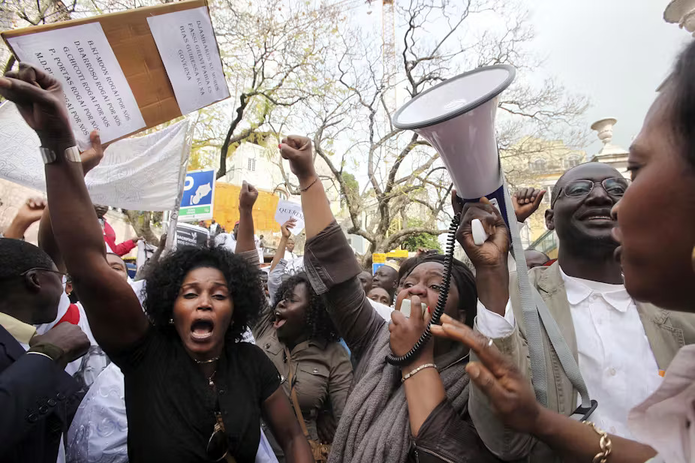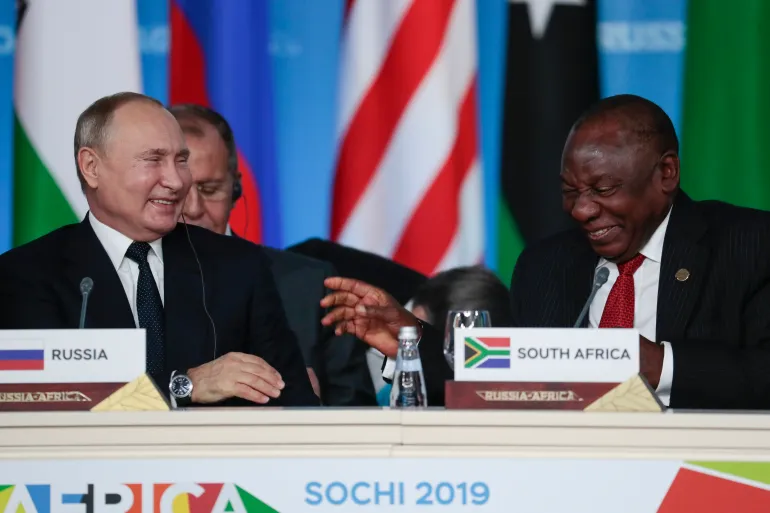
Guinea-Bissau has ordered the expulsion of two major Portuguese news outlets, sparking a swift and sharp condemnation from Lisbon. The West African nation, which shares deep linguistic and historical ties with Portugal, offered no public explanation for the abrupt decision.
The move targets the Lusa news agency and public broadcaster RTP, whose programming has been suspended. Representatives have been instructed to leave by Tuesday. President Umaro Sissoco Embalo, scheduled to attend a Lisbon ceremony as the rotating head of the Community of Portuguese-Speaking Countries, has cancelled his appearance.
Portugal denounced the expulsions as “highly reprehensible and unjustifiable” and summoned Guinea-Bissau’s ambassador for an urgent meeting to seek clarification. Lisbon pledged to use “every possible” diplomatic channel to reverse the decision, underscoring the seriousness of the rift between the two nations.
Guinea-Bissau’s Foreign Minister Carlos Pinto Pereira confirmed the action, calling it a government decision, and promised to present the reasoning at a press briefing. The government also signalled it would respond formally to Portugal’s objections “in an appropriate forum” after receiving the reaction from Lisbon.
Guinea-Bissau, one of the world’s poorest nations, has endured chronic political instability marked by repeated coups since gaining independence from Portugal in 1974. President Embalo, elected in 2019 for a single five-year term, had vowed not to seek re-election, but later delayed the vote until November.
The postponement has fuelled political unrest and accusations that he is extending his grip on power beyond the constitutionally mandated period. The expulsions deepen tensions at a time when Guinea-Bissau is already navigating internal discord, fragile institutions, and a fraught relationship with its former colonial power.




